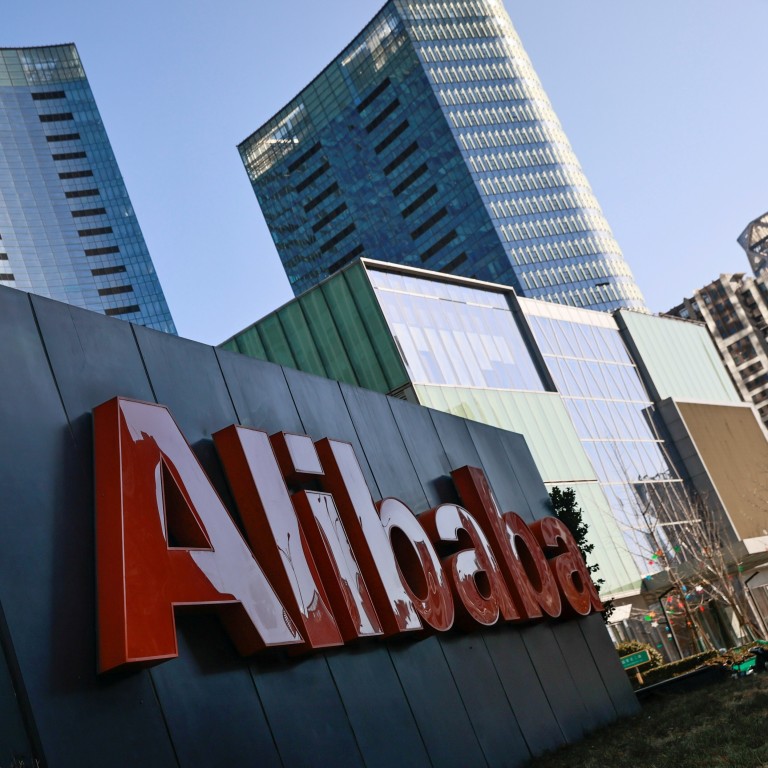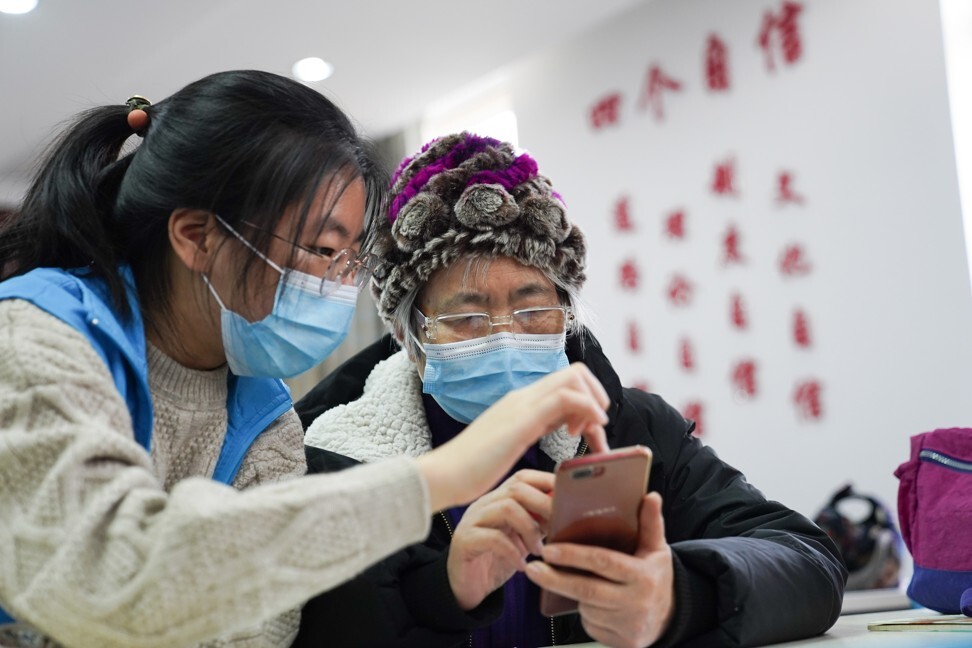
WeChat’s value surpasses Ferrari as Covid-19 pandemic upends businesses and buoys technology brands from Apple to Tesla
- Tencent Holding’s WeChat saw the brand value of China’s dominant social networking app increase 25 per cent to US$67.9 billion in 10th spot overall, worth more than Ferrari
- China’s share of the world’s top 500 most expensive brands grew to 77, from 70, valued at a combined US$1.42 trillion, an increase of 20 per cent.
The latest ranking shows how the pandemic has upended China’s businesses, turning technology companies into the biggest winners, as tens of millions of stay-at-home people are forced to conduct their consumption, work, and leisure via internet services. The change has given legs to the Chinese government’s push since 2013 to sustain the nation’s economic growth through digitalisation.

The latest digital technology from big data and artificial intelligence to cloud computing could help China’s businesses improve their overall efficiency, and is believed to be a game-changer for the mainland‘s economy.
“The ranking is the latest proof that technology is the most powerful weapon to drive the growth of China’s economy,” said Eric Han, a senior manager with the business advisory firm Shanghai Suolei. “The coronavirus outbreak provides the catalyst for Chinese businesses to embrace digitalisation.”

China’s share of the world’s top 500 most expensive brands grew to 77, from 70, valued at a combined US$1.42 trillion, an increase of 20 per cent. China trails only the US which has 197 brands including Apple and Tesla in the top 500 ranking, with a combined value of US$3.28 trillion. Apple surpassed Amazon and Google to regain the top spot for the first time since 2016. All three companies are capitalised at more than US$1 trillion, among the world’s largest companies. Tesla had the fastest-growing brand value, jumping 158 per cent to US$32 billion in the 42nd position.

